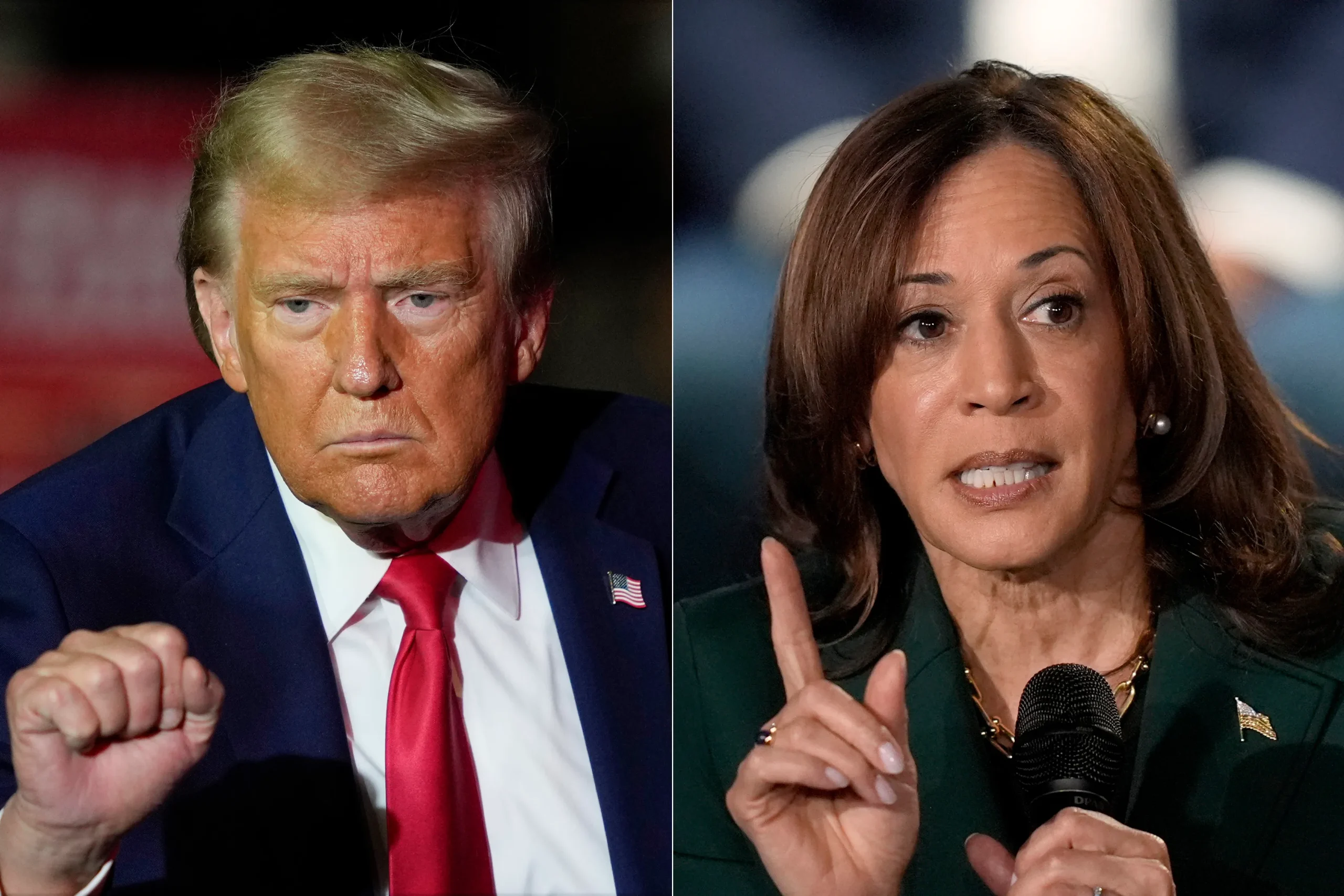As the US presidential election gets closer, the campaign by Vice President Kamala Harris of the Democratic Party and former President Donald Trump of the Republican Party is taking shape as both fight hard to win more votes over what has been one of the most anticipated elections ever. The reverberation of the outcome will sound not only in the United States but also in North America and Europe. With more than 160 million registered voters, the world waits in anticipation of the change that is going to have a resonance in international policies.
Harris vs Trump: Little Difference in Foreign Policy Stance
The intense rhetoric aside, the foreign policy stances of Harris and Trump are remarkably similar. Both candidates offer unrelenting support to Israel despite its continued military actions in Gaza and Lebanon. Harris’ calls for restraint are more symbolic than substantive, but the faction associated with Trump views the actions of Israel as satisfying apocalyptic religious prophecies. Neither candidate has demonstrated the willingness to accept international rulings against Israel’s conduct, leaving one to wonder about the US’s commitment to global norms.
Immigration Stance Reflects US’s Longstanding Anti-Immigrant Sentiments
The immigration policies of both candidates reflect America’s long tradition of exclusion. While the United States is often described as the “nation of immigrants,” Harris and Trump have come out swinging against illegal immigration, promising crackdowns and stricter measures. This has resonated with a national sentiment that is rooted deeply in a desire for America to be a majority-white country, continuing on the path of exclusion and xenophobia of its past.
Environmental and Human Rights Agreements Rejected by Both Campaigns
In the wake of global demands to roll back climate change, Harris and Trump continue to support fracking, thereby showing little concern for the environment. Additionally, both candidates deny other critical international treaties like the Rome Statute and the Landmine Ban Treaty, a fact that denotes their reluctance to have the US appear before the International Court. This can come with very destructive impacts on the climate and human rights globally.
Election results can sometimes redefine international politics and policies
As the world witnesses the outcome of this election, the threat it poses to the general world order is becoming increasingly obvious. Both candidates have openly presented far-right ideologies. Experts fear that with increased far-right policies, ecological destruction will increase, tensions between regions will grow, and the Caucasian bloc along with other regions will move further apart. The repercussions might not only change American policies but also may awaken the same movements in other parts of Europe, completely altering international relations for a while.




